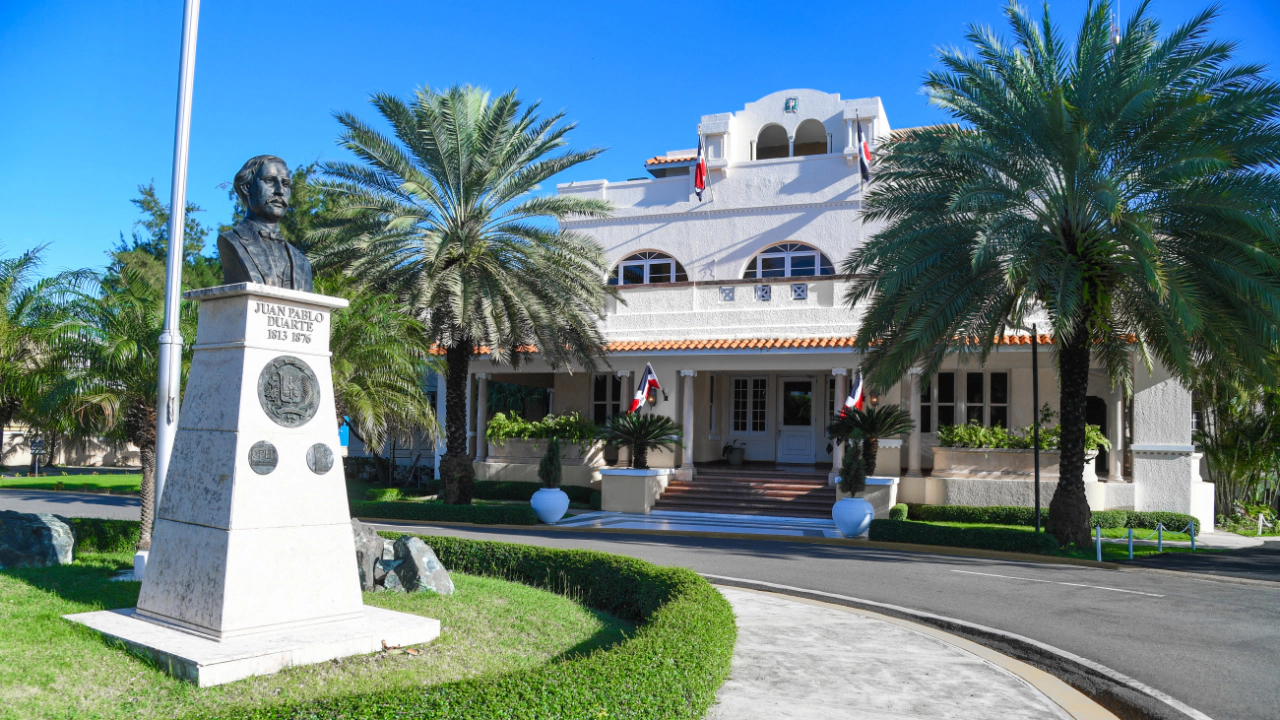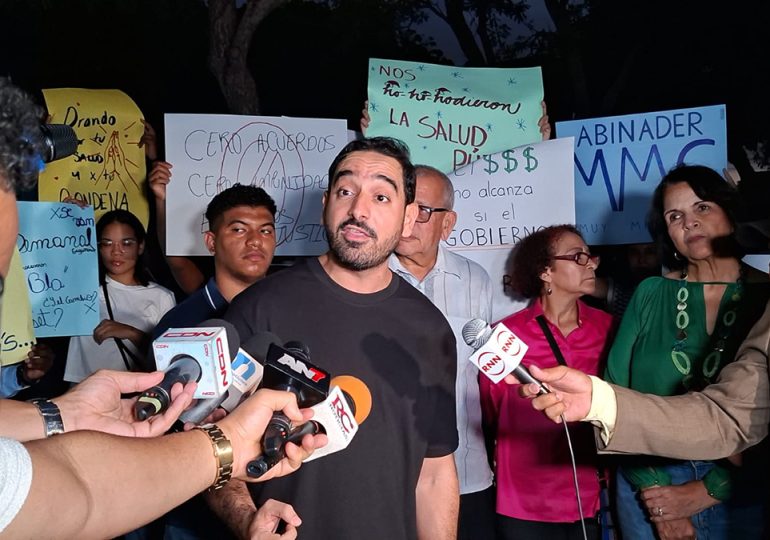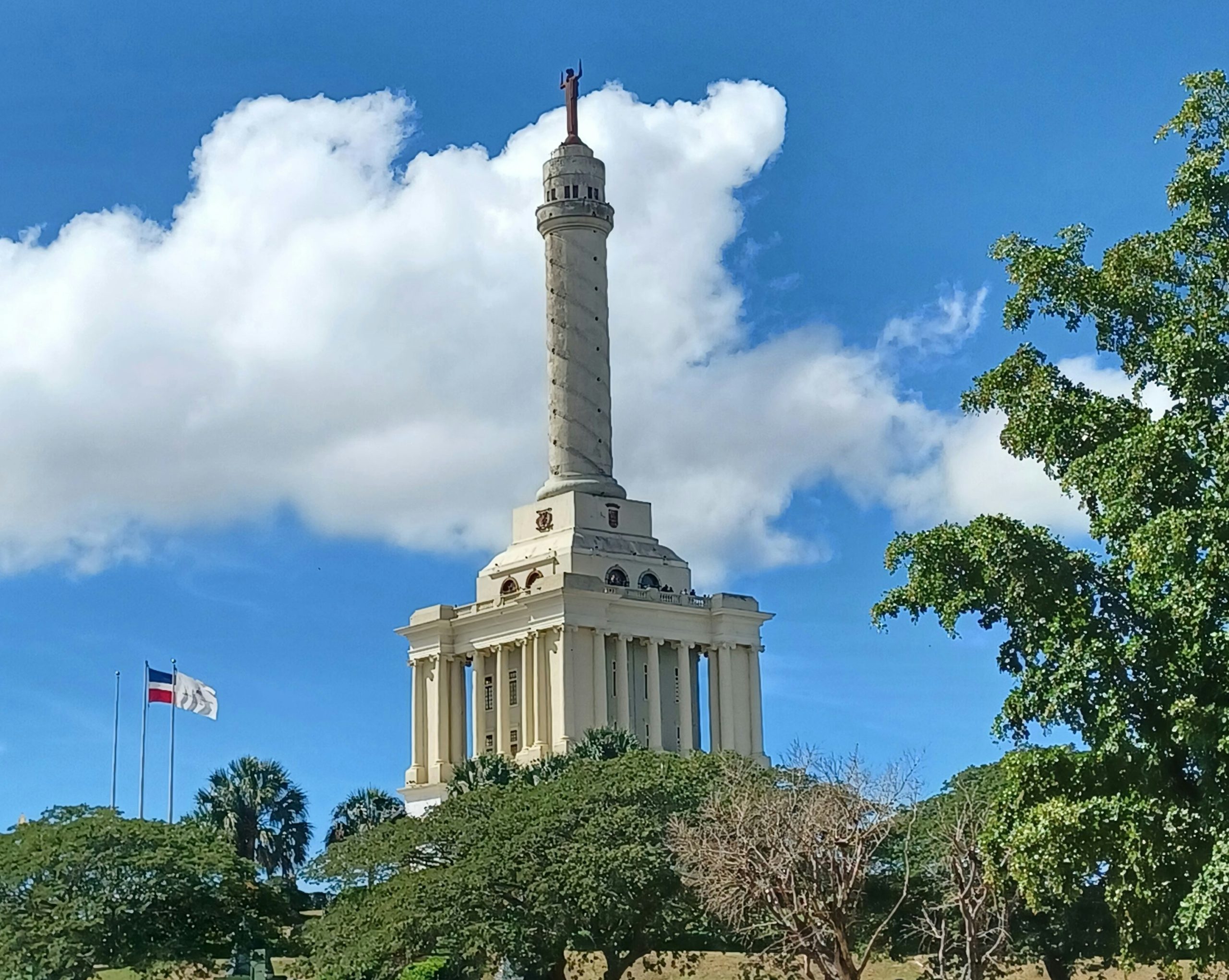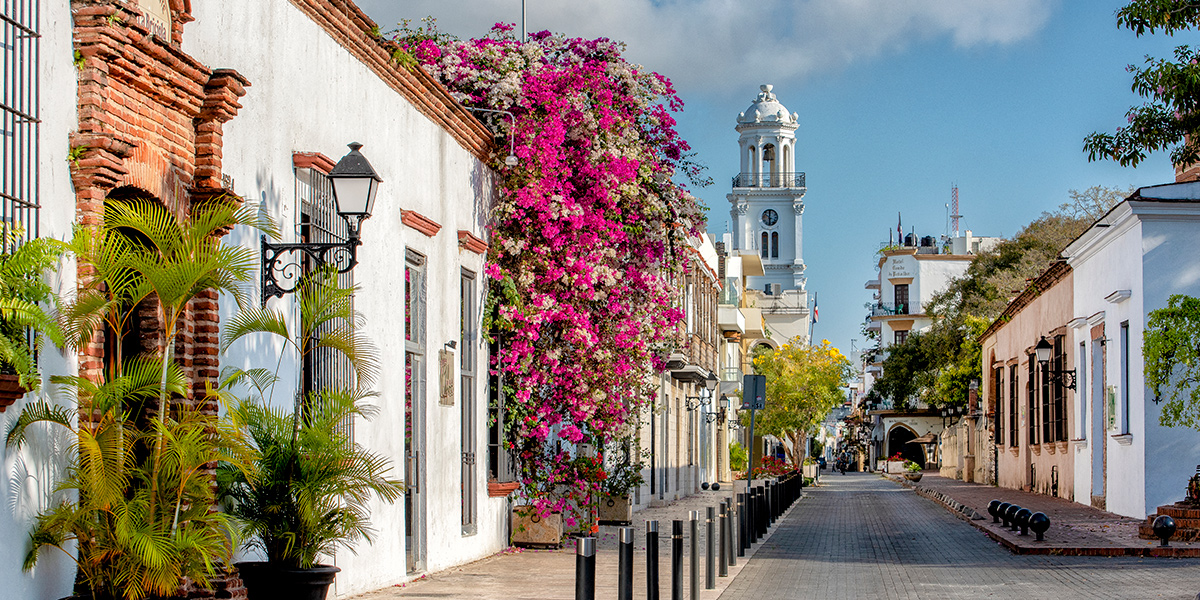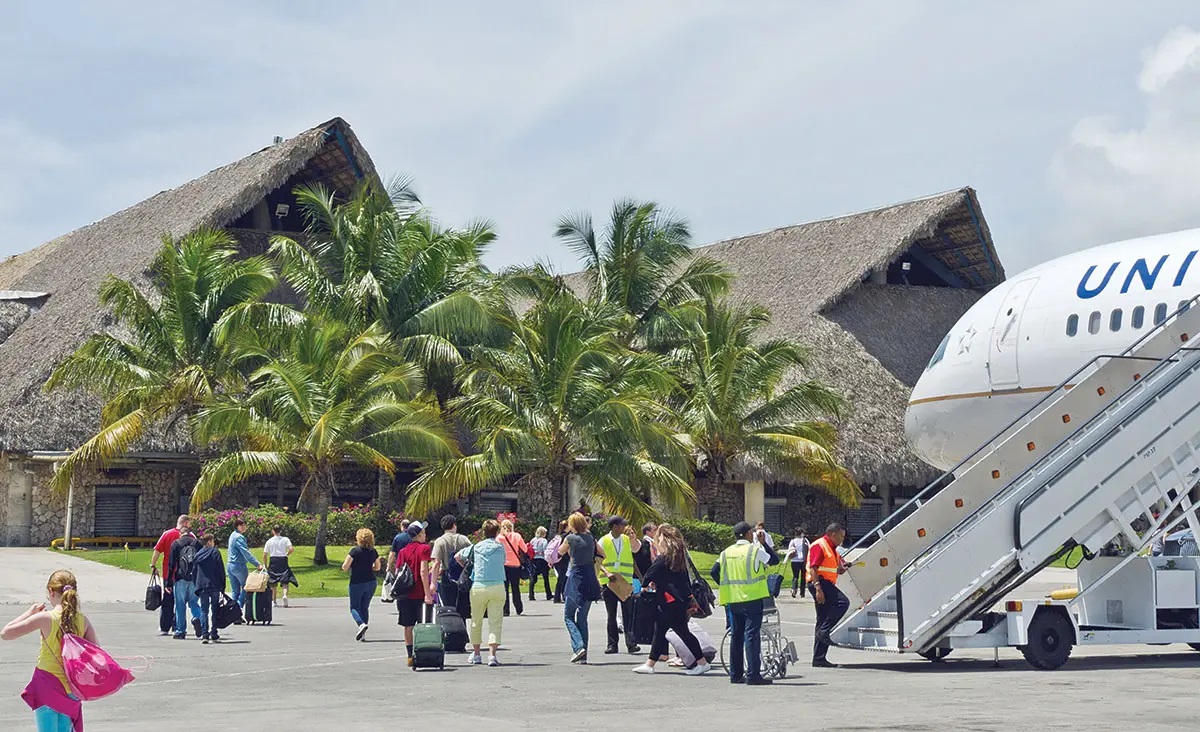In a significant development for regional security cooperation, the Dominican Republic has achieved unanimous election to chair the Inter-American Commission for the Control of Drug Abuse (CICAD) Group of Experts on Maritime Drug Trafficking. The appointment occurred during the 78th Session of CICAD, an Organization of American States (OAS) agency, held in Washington, D.C., where all member states endorsed the Caribbean nation’s leadership through acclamation.
The Dominican Ministry of Foreign Affairs (MIREXRD) emphasized that this prestigious designation underscores the country’s strengthened dedication to international collaboration and hemispheric security initiatives. The nation will coordinate closely with its Naval forces and the National Drug Council to enhance multinational efforts targeting narcotics transportation via maritime routes.
Dr. Rafael Guerrero Peralta, presiding over the National Drug Council, formally presented the nation’s candidacy and subsequently assumed leadership of the expert panel. The session convened representatives from all 34 CICAD member states to deliberate on comprehensive strategies against transnational organized crime, with particular emphasis on illicit sea-based drug transportation and the growing prevalence of synthetic substances including ecstasy, LSD, and ketamine throughout Latin American communities.
Additional critical agenda items involved refining national implementation frameworks, enhancing financial intelligence capabilities to dismantle trafficking networks, examining alternatives to traditional incarceration, and advancing broader security and stability objectives across the Americas region.
